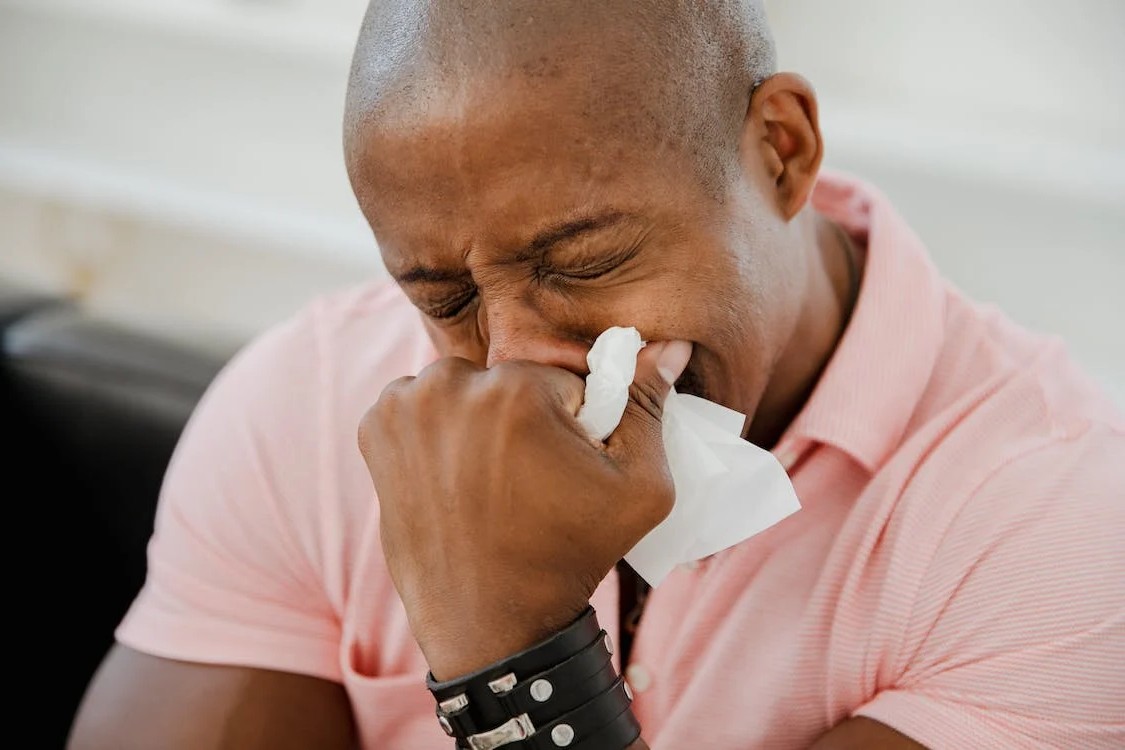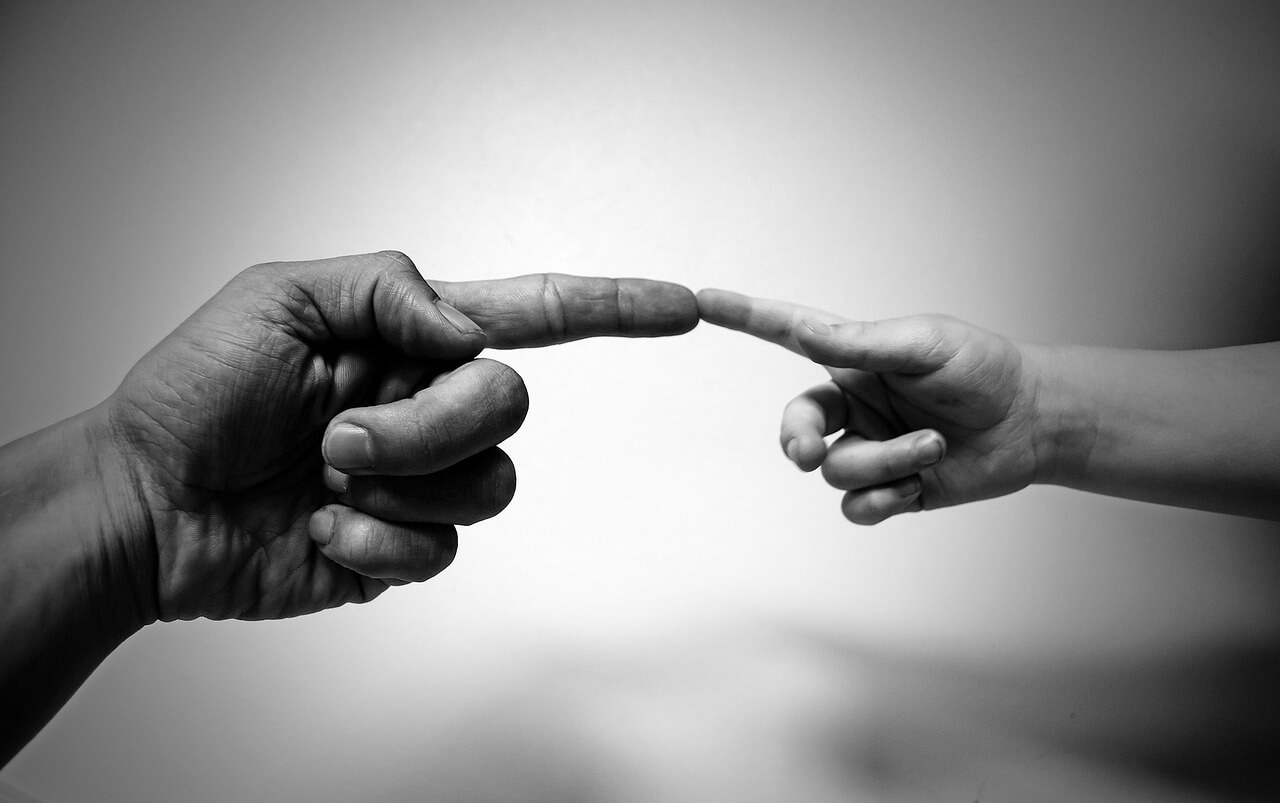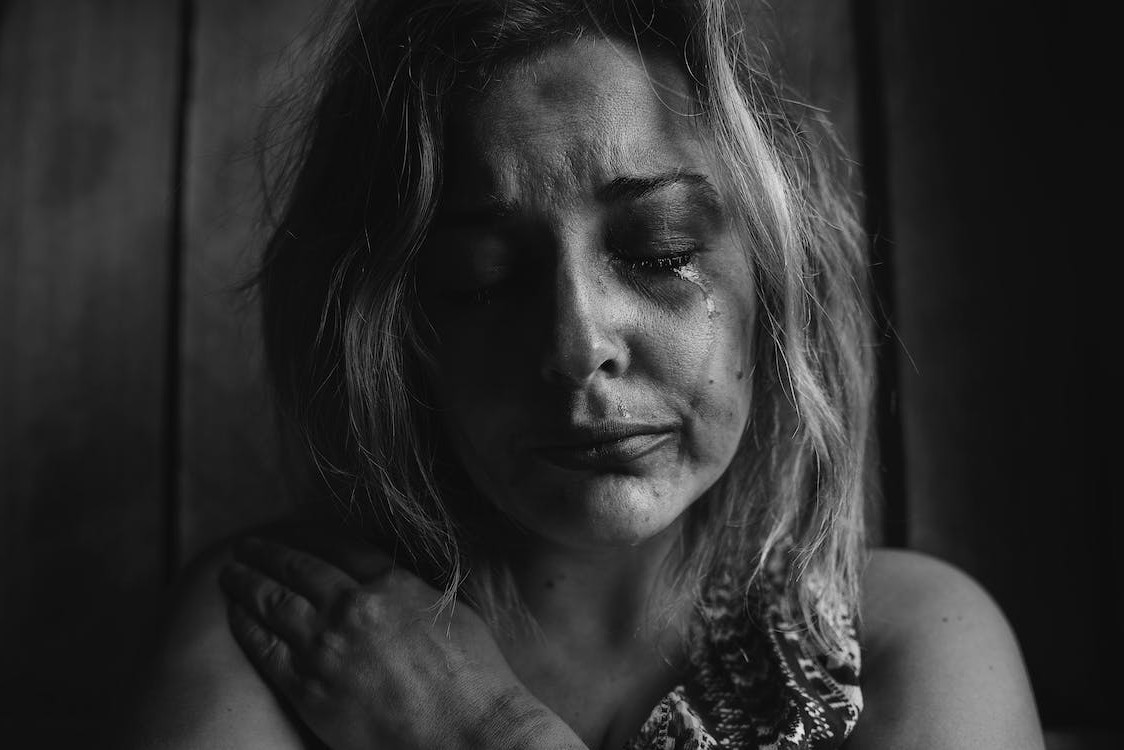When you’re embarking on the challenging journey of recovery, have you ever stopped to consider the strength that lies in unity? The power of community in recovery is immense and often understated. It’s not just about attending meetings or joining support groups; it’s about understanding the profound impact that human connection can have on healing and transformation.
Imagine you’re at the base of a towering mountain, unsure of how to make the climb. Alone, the journey might seem daunting, almost impossible. But with a group by your side, each step becomes a shared experience, every obstacle a collective challenge. Your recovery journey is much the same. Surrounded by a community that understands, supports, and uplifts, you are not just more likely to reach your destination, but also to find joy and meaning along the way.
One of the key benefits of a supportive community is the sense of belonging it instils. Addiction can often leave you feeling isolated, misunderstood, and detached from the world around you. In a supportive community, you’re no longer alone in your struggles. Shared stories, experiences, and triumphs remind you that recovery, while personal, is also a collective endeavour. Every time you feel like giving up, remember there’s a whole community cheering for you, understanding your pain, and celebrating your victories.
Moreover, a community offers diverse perspectives, strategies, and coping mechanisms that you might not have considered. You’ll find mentors who’ve walked the path before you and peers who are facing similar challenges. This exchange of insights, combined with unwavering support, can be instrumental in reshaping your approach to recovery.
But beyond the immediate benefits, there’s a deeper, more intrinsic value to community. It reinstates your faith in humanity, teaches you compassion, and reminds you of the goodness in the world. In times of doubt, when you question your worth or your ability to overcome addiction, the community stands as a testament to human resilience, love, and solidarity.
As you ponder over the importance of community in your recovery journey, consider these thought-provoking questions:
- How can you actively seek and nurture a community that supports your recovery goals?
- In what ways can you contribute to the recovery community, using your unique experiences and insights?
- How does the idea of collective strength reshape your perspective on recovery?
- What are the attributes of a community that you believe would be most beneficial to your journey?
- How do you handle differences within a community, ensuring they enrich rather than hinder your progress?
Drawing from the significance of unity in healing, it’s clear that cultivating a circle of support can profoundly shape your journey to wellness. Every individual facing addiction or embarking on the path of recovery encounters moments of doubt and isolation. But remember, with a circle of understanding individuals around you, those moments become shared challenges, transforming despair into hope. You’re not just gaining allies in your battle against addiction; you’re inviting voices that echo understanding, love, and unwavering encouragement.
In the ever-evolving journey of recovery, it’s not just the internal willpower but the external support system that makes all the difference. When you feel like you’re on the brink of giving up, it’s this community, your chosen family, that can hold you up, reminding you of the strength within you and the potential that lies ahead. Just as a tree is held firm by its roots, you too are grounded by the community you build around yourself in this recovery journey. Remember, every person in your circle of support has a unique story, and together, these stories craft a tale of resilience, hope, and unwavering solidarity. As the renowned Helen Keller once said, “Alone we can do so little; together we can do so much.” Embrace your community, and let it be the wind beneath your wings as you soar to the heights of recovery and beyond.




